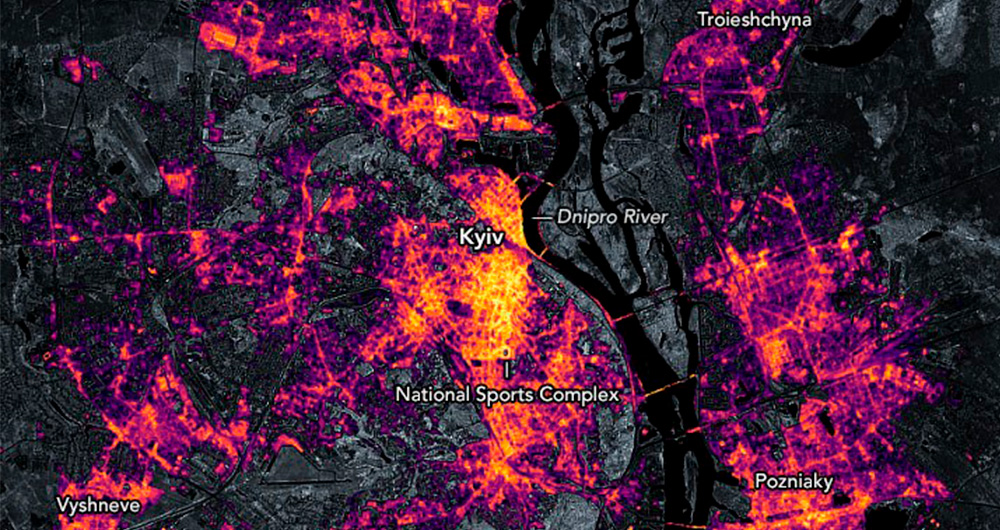6 posts found
Open data on femicide: a fundamental step in the fight against violence against women
Femicide, defined as the gender-based murder of women, remains one of the most extreme forms of violence. In 2023, it is estimated that approximately 85,000 women and girls were murdered in the world and of these, 60% died at the hands of intimate partners or family members, which is equivalent to 1…
Collecting and analysing data to improve humanitarian assistance and restore damage during the Ukrainian war
On 24 February Europe entered a scenario that not even the data could have predicted: Russia invaded Ukraine, unleashing the first war on European soil so far in the 21st century.
Almost five months later, on 26 September, the United Nations (UN) published its official figures: 4,889 dead and 6,263…
The gender gap: inequality is also in the data
Today, 8 March is the day on which we commemorate women's struggle to achieve their full participation in society, as well as giving visibility to the current gender inequality and demanding global action for effective equality of rights in all areas.
However, the data seem to indicate that we still…
Hercules-ASIO Initiative. Integration, publication and consultation of linked open research data.
The Hercules initiative was launched in November 2017, through an agreement between the University of Murcia and the Ministry of Economy, Industry and Competitiveness, with the aim of developing a Research Management System (RMS) based on semantic open data that offers a global view of the research…
Data vocabularies: why are they important?
Each individual, organization or group uses a number of common words in their daily communication, which would be their personal vocabularies. The greater the number of words we use, the greater our ability to communicate, but it can also be a barrier, increasing the difficulty of understanding othe…
How open data can help in the refugee crisis
According to the United Nations Agency for Refugees (UNHCR), we are currently witnessing the highest levels of displacement of people registered in recent history. In 2019, it is estimated that more than 70 million people have been forced to leave their homes, including 25.9 million legal refugees,…





